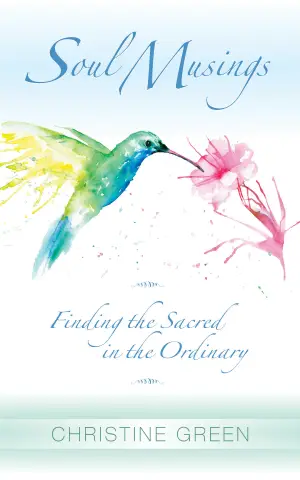When Prophecy Fails: A Journey into the Mind’s Deepest Convictions
I stumbled upon When Prophecy Fails while exploring the fascinating intersections between belief and psychology. The title, which sounds almost like an intriguing mystery novel, sparked my curiosity. Little did I know that this 1956 classic by Leon Festinger, Henry Riecken, and Stanley Schachter would whisk me away into a deep exploration of the human psyche, especially in moments of cognitive dissonance. It’s not every day that a book can make you reflect on profound social behaviors while simultaneously feeling like a compelling narrative.
This landmark work presents a gripping case study of the UFO cult known as the Seekers, who fervently believed that the world would end on December 21, 1954. The rituals, the sacrifices—people left their jobs, abandoned their families, and even gave away their belongings, all for the hope of being whisked away by a flying saucer. The level of commitment is dizzying, yet almost relatable in our modern age, where fervent beliefs still shape communities and individual identities.
One of the standout aspects of When Prophecy Fails is Festinger’s concept of cognitive dissonance, which he masterfully illustrates through the members’ reactions when prophecy does not come true. Instead of relinquishing their beliefs, many doubled down, interpreting the failed apocalypse as a “test of faith.” It’s a phenomenon I think many of us can observe today in various contexts, from climate predictions to political ideologies. The book poignantly reveals how people cling to beliefs even when faced with contrary evidence, a compelling commentary on human resilience—or perhaps, folly.
As I navigated through the pages, I noted how meticulously detailed the observations are. The authors had to walk a fine line, infiltrating the group to gather data without altering its dynamics. While the observational techniques felt a bit outdated and ethically questionable in today’s standards, the insights derived ring true even decades later.
Quotes from readers resonate deeply, with many drawing parallels to contemporary events, highlighting that the themes within are timeless. One reviewer aptly pointed out the irony in how failed predictions often intensify beliefs rather than diminish them. This reflection mirrors my thoughts; how often have we seen this pattern play out in our own lives?
The writing style, while academically robust, sometimes drifts into more intricate passages that require careful reading. Yet, for those with a penchant for social psychology, the dance between narrative and analysis becomes a rich tapestry of understanding. I found myself eager to explore the psychological mechanisms behind human resilience and belief.
I believe When Prophecy Fails is essential reading for anyone interested in psychology, sociology, or simply the myriad ways people navigate their convictions. This book is not just a study; it’s a mirror reflecting our own beliefs, doubts, and the youthful fervor that drives us to seek explanations—even in the most bizarre circumstances. If you’re ready for a deep dive into understanding the human condition, this book may just resonate with you as it did with me, igniting a deeper curiosity about our own beliefs and those of the worlds we create.






